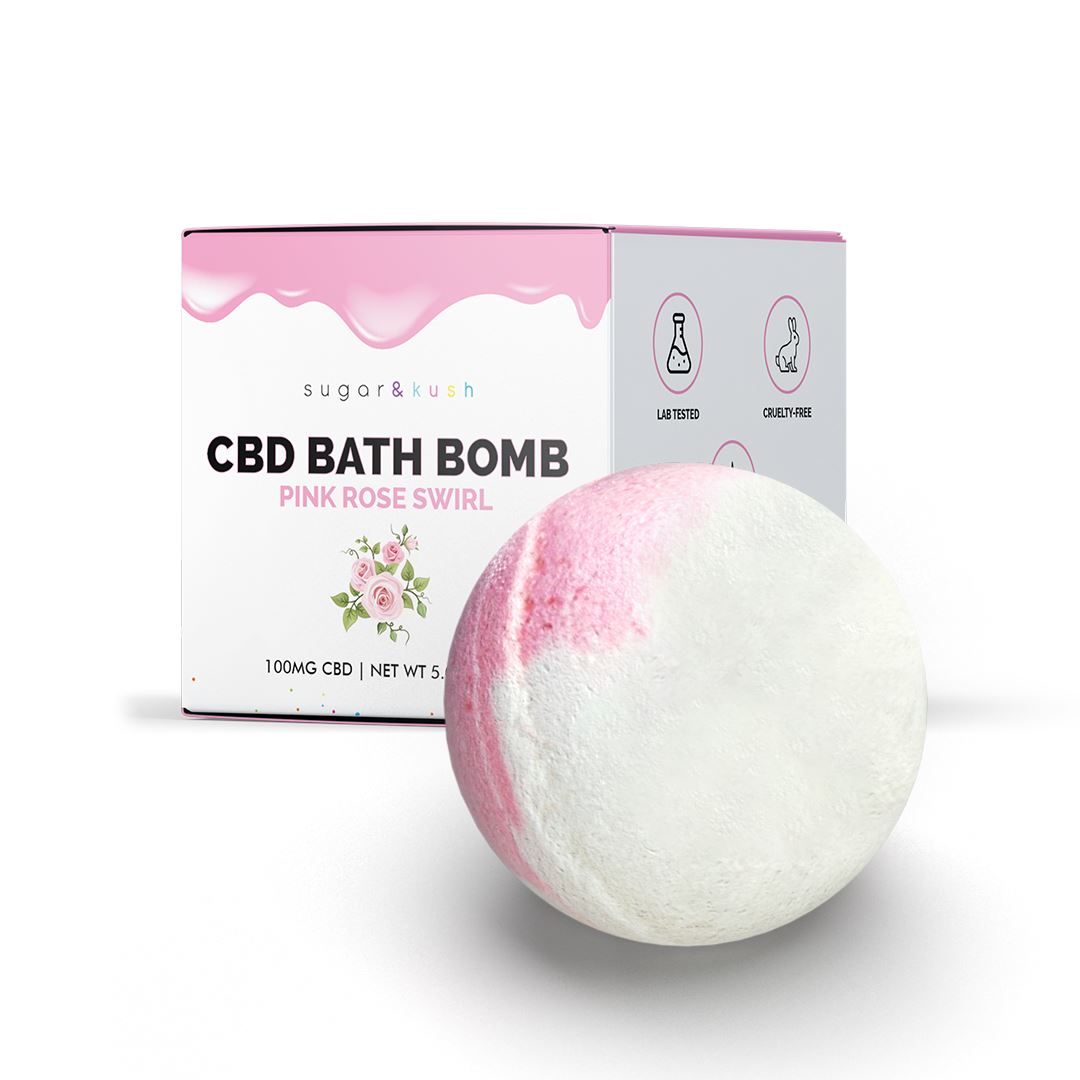
Hemp legal in PA
Hemp could be a cash-making crop for farmers. After being removed form the Farm Bill 2018 list of controlled substances, it is legal to grow hemp in the United States.
The state Department of Agriculture (or PDA) regulates the hemp farming program of Pennsylvania. The state Department of Agriculture (or PDA) has strict requirements for growers who wish to obtain a license and grow hemp. They must be able prove that they have sufficient funds, a license, as well as a sound business plan.
They must also show proof they are able to prove that they possess the necessary licenses from the federal and local governments. They are also required to submit extensive information and go through a background screening.
A mentor or coach with experience in the hemp business is a great way to start your journey. This will enable you to understand the rules of the game and what you must do to succeed.

It is legal to grow cannabis in Pennsylvania so long as it contains less than 0.3% THC, or tetrahydrocannabinol. This amount is considered to be the minimal amount of THC that is legal for consumption.
There are many products you can make from hemp. These products are available for sale at a wide range of stores, from smoke shops to vape stores and even pharmacies.
These shops will only allow you to buy CBD products if you have a valid medical marijuana card and a recommendation by your doctor. To obtain CBD products, however, you must first register with the medical pot program.
Hemp Products in Texas
There are a number of hemp products that can be purchased in Pennsylvania. These include raw hemp flower as well pre-rolls, cigarettes and vape oils.
Hemp-derived CBD is also available from medical marijuana dispensaries, but only to patients who have a doctor's recommendation. There are many dispensaries in the state, most of which are located in major cities.

It is legal to purchase and sell hemp-derived products within the state, provided they do not contain more than 0.3 percent THC. These products can either be purchased online or at a store, and you can use them as part of your medical marijuana treatment.
In fact, many smokers who have a medical marijuana card have started buying hemp-derived products in hopes of using them to help with their conditions. It's a great way of trying the products before you commit to a bigger purchase.
You can find the best deals on hemp-derived CBD at Cannaflower or Catch Hemp Co. There are many websites where you can purchase hemp flowers that will ship right to your doorstep.
FAQ
Is the CBD market growing?
Yes. And this growth is expected to continue into the future as legalization spreads across North America. This year alone, Canada legalized recreational cannabis use, while several states have passed medical marijuana laws.
As more states legalize medicinal marijuana, this trend will likely continue for at minimum a decade.
Economically, legalizing marijuana makes economic sense. As well as providing a lucrative alternative market for farmers, there are many other benefits to legalizing pot.
For example, it could help reduce crime rates by reducing the availability of illegal drugs. It could also generate tax revenue for the government.
As legal weed becomes more popular, many people will choose to reduce their alcohol consumption. This would reduce hangovers and increase health care costs.
Chronic pain sufferers may find that marijuana can actually improve their quality of life. Many believe THC, the active component in marijuana, is responsible for relieving symptoms like muscle spasms or nausea that can be caused by chemotherapy.
A lot of people believe that marijuana is a good option for treating anxiety and depression. According to some studies, marijuana can be used to treat schizophrenia.
Even though the CBD sector looks bright, there are still many challenges.
What are some common mistakes that companies make when they enter the US cannabinoid market?
Uncertainty about the regulations for cannabis products is the first mistake. This could mean that you may have to change your product formulation.
A second error is not properly labeling your product. You must know whether your product contains CBD, THC, or both.
Finally, you must know how to package your product correctly. If your product does contain THC, then you must ensure that it is packaged in child-resistant containers.
If your product does not contain THC, then you should still follow all packaging laws because there are many states where cannabidiol (CBD) is legal.
Finally, you should always keep track of any recalls on your products. It is important to inform customers as soon as possible if there is an issue with your product.
What conditions can be treated with CBD?
For any treatment to be effective, the most important factor is the patient's health. You must have a prescription from a doctor before you use cannabis oil as medicine. You cannot use cannabis products without a prescription from your doctor.
A prescription is not necessary if cannabis oil is being used as part of a healthy lifestyle. You should talk to your doctor to confirm that cannabis oil is safe to be taken.
Cannabis oils are made from either whole plant extracts or isolated compounds called cannabinoids (THC and CBN). They contain many different cannabinoids including CBD (CBD), Tetrahydrocannabinol THC (THC), as well as cannabinol CBN (CBN).
These components interact with receptors found throughout the body to create effects including pain relief, stress reduction, and anti-inflammatory and antioxidant properties.
How can companies successfully market CBD products in a regulation-compliant manner?
The FDA does not regulate hemp as an agricultural commodity. The Controlled Substances Act regulates other cannabis derivatives (e.g. pot). CBD has not been subject to any specific regulations.
CBD is legal in 29 states. However it is still illegal under federal law. This uncertainty is a problem for CBD-product sellers.
The FDA also maintains strict guidelines on how CBD products may be marketed. For example, they must clearly disclose any product's THC content. Without scientific evidence supporting this claim, CBD cannot be used to treat certain medical conditions.
Additionally, the FDA requires manufacturers submit information about manufacturing practices and quality control. To prove safety and effectiveness, they require that companies conduct clinical trials.
When developing their own marketing strategies, companies should take into account these points.
Statistics
- The use of these products is likely to become even more widespread if the World Health Organization's recommendation that CBD no longer is scheduled in the international drug control conventions is adopted by the United Nations member states [201]. (ncbi.nlm.nih.gov)
- HR −16 mmHg; 95% CI −26, −6; I2 = 92%) (ncbi.nlm.nih.gov)
- While the primary injury may not be treatable, interventions that attenuate secondary sequelae are likely to be of benefit [203].Only one study (ncbi.nlm.nih.gov)
- As a substance that was federally illegal before the passage of the 2018 Farm Bill, hemp-derived cannabinoids with no more than 0.3% THC still face a regulatory grey area. (forbes.com)
- OralWhere HED is the human equivalent dose, and Km is a correction factor estimated by dividing the average body mass (BM) of the species (60, 0.020, and 0.150 kg for 11 humans, mice, and rats, respectively) and by its surface area (see: Nair et al. (ncbi.nlm.nih.gov)
External Links
How To
How to become certified for selling CBD products
CBD (cannabidiol), a cannabinoid found in cannabis plants, is just one of the many. It has been used medicinally since ancient times, including in traditional China, India, and many South American nations. Due to its ability treat conditions like anxiety and pain, epilepsy, inflammation, and other ailments, it has become increasingly popular. However, CBD products cannot be sold by anyone unless they are certified by the U.S. This means that any person who wants to sell CBD products must use the "unofficial" process called self-certification.
You have two options. The first way is to join an association of local cannabusiness owners. You can get support and advice from other members while learning from them. There are many organizations in the United States. Another option is to go online. Online canna-businesses are now allowed in most states. If this is the case, then you can establish your own website immediately and start accepting orders. However, registration is required with your state Department of Public Health. Once you have registered, it will be possible to apply for your license through the state's department public health. After receiving your license, you are legally allowed to open a store and start accepting orders.